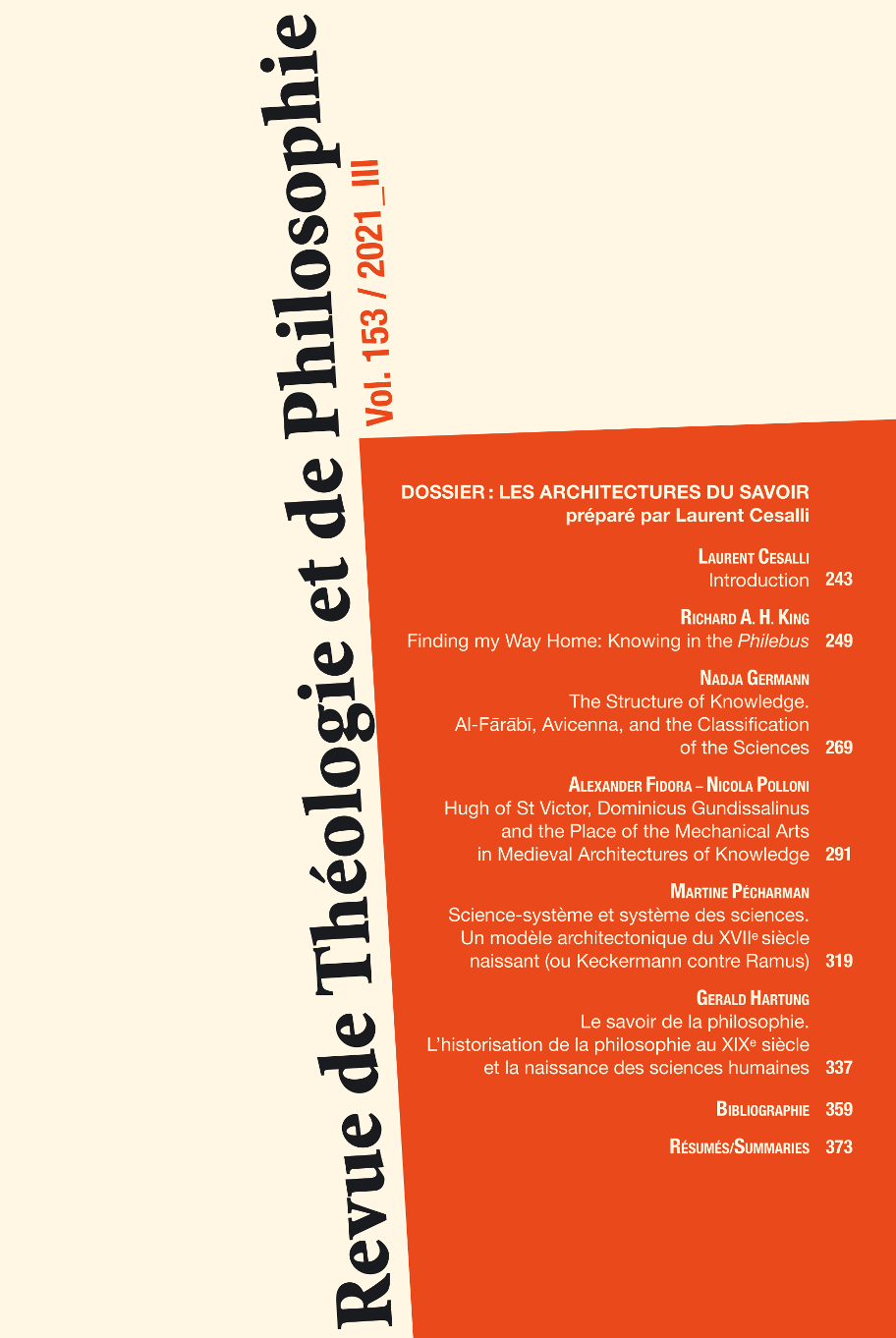Finding my Way Home: Knowing in the Philebus
Abstract
In Plato’s Philebus, Socrates argues that human life must consist of knowledge and pleasure if it is to be good. Part of this demonstration is an account of the parts of knowledge whereby knowledge can be more or less pure, more or less blended with extraneous elements such as sensation and practice. When pure, it cleaves to truth, pure and simple. For, as we must admit, knowledge is true, whatever else it is. Knowledge may make humans good, i.e. enable them to do well, reliably and flexibly what they do, but has its good above and beyond human existence – it is not restricted to human existence. The suggestion is that Plato here in fact determines knowledge by using its end – its final cause is used to determine its formal cause: what knowledge is for tells us what it is. Instead of giving an analysis along the lines of the final, failed account of the Theaetetus (“justified true belief”), knowledge is thereby given a functional account. Part of this suggestion is that knowledge must be true, and this is what guarantees its stability: its end is internal to it. The good of knowledge is truth. This is what enables it to act as a guide to the soul. The further attributes of this clan, knowledge, flow from truth and their relation to it: exactness, clarity, and purity. For insofar as they are pure, and unmixed with extraneous elements such as practice or sensation, they are concerned simply with exact units, things that are just what they are, so their clarity is not troubled by anything. It is dialectic that investigates and establishes this.
How to Cite
More Citation Formats
